by Sandra Gulland | Oct 18, 2014 | Baroque Explorations |
I have been falling victim to research excitement. On one search, I came upon these letters, which did not answer my questions, but were too exciting to pass by.
All of the letters are part of an auction of letters and manuscripts. The first two were dictated by Napoleon to Géraud Christophe Duroc, displaying Duroc’s lovely handwriting. Since he is a significant character in the Young Adult novels I am writing, seeing his graceful, elegant handwriting speaks volumes.
This first one was written on November 13, 1796, in Verona. (See here for details.)
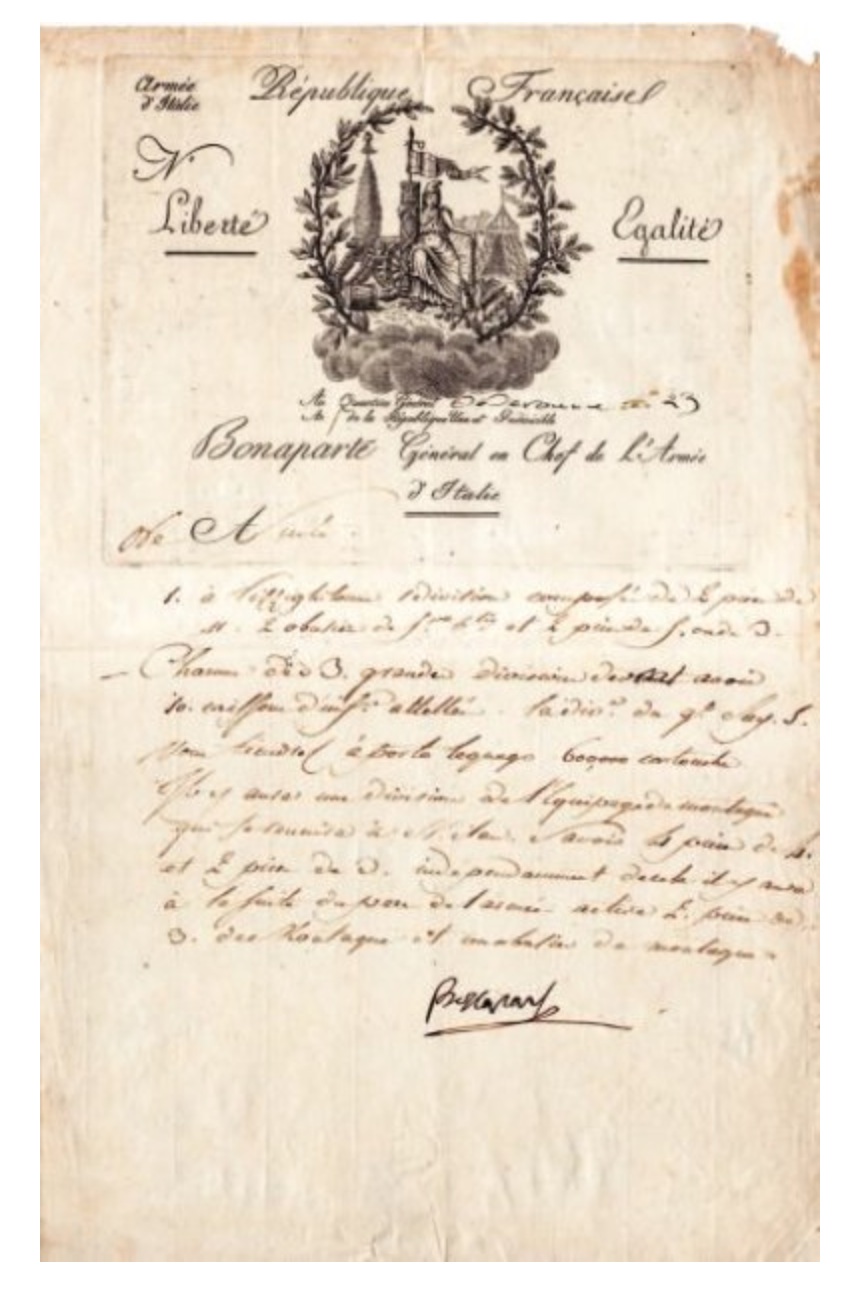
This second letter, also dictated by Napoleon and written by Duroc, was sent on September 30, 1797, from Passeriano, Italy, during the peace negotiations with Austria.
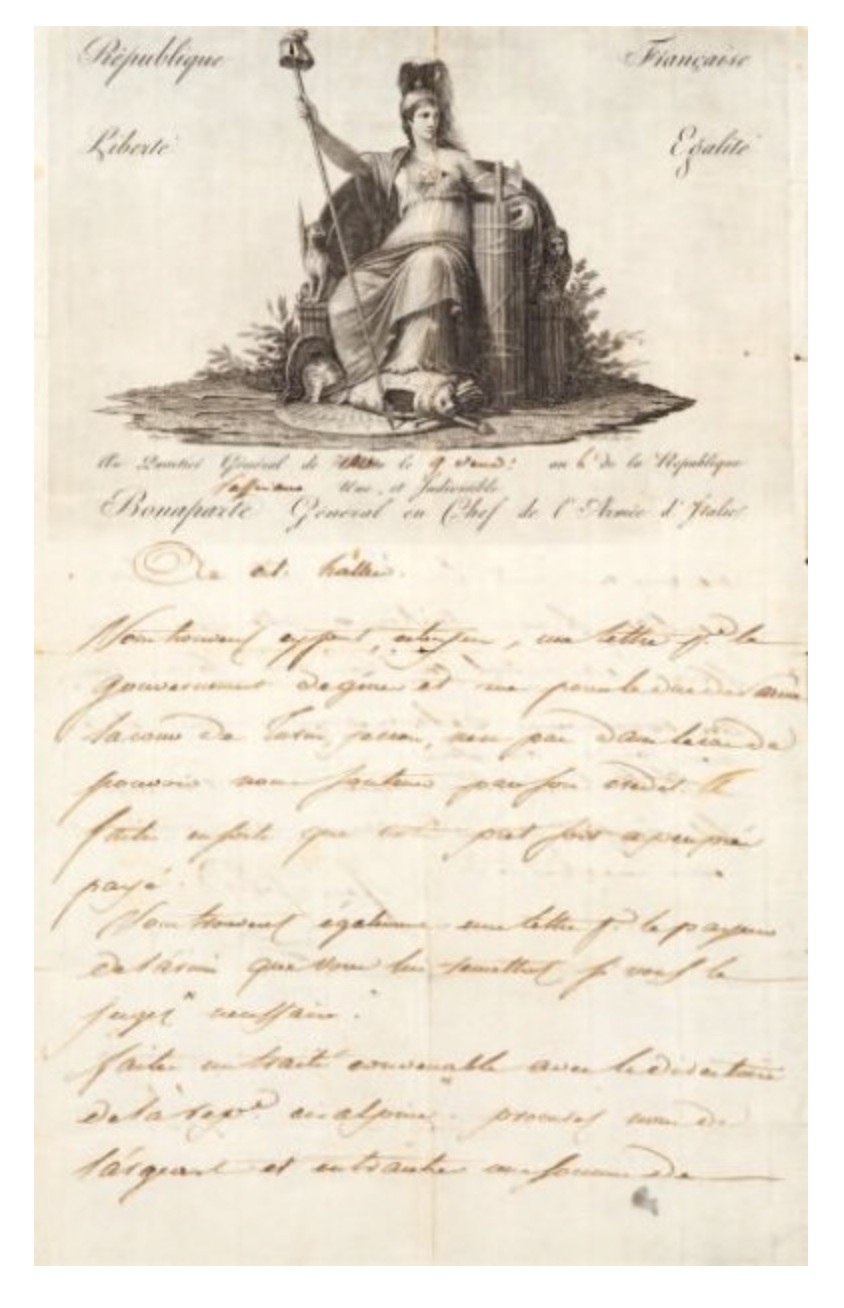
This next letter was written by Napoleon to his brother Joseph in October of 1792 from Ajaccio, Corsica, and it helps understand why Napoleon had need of a secretary. Napoleon’s handwriting was famously difficult to read.
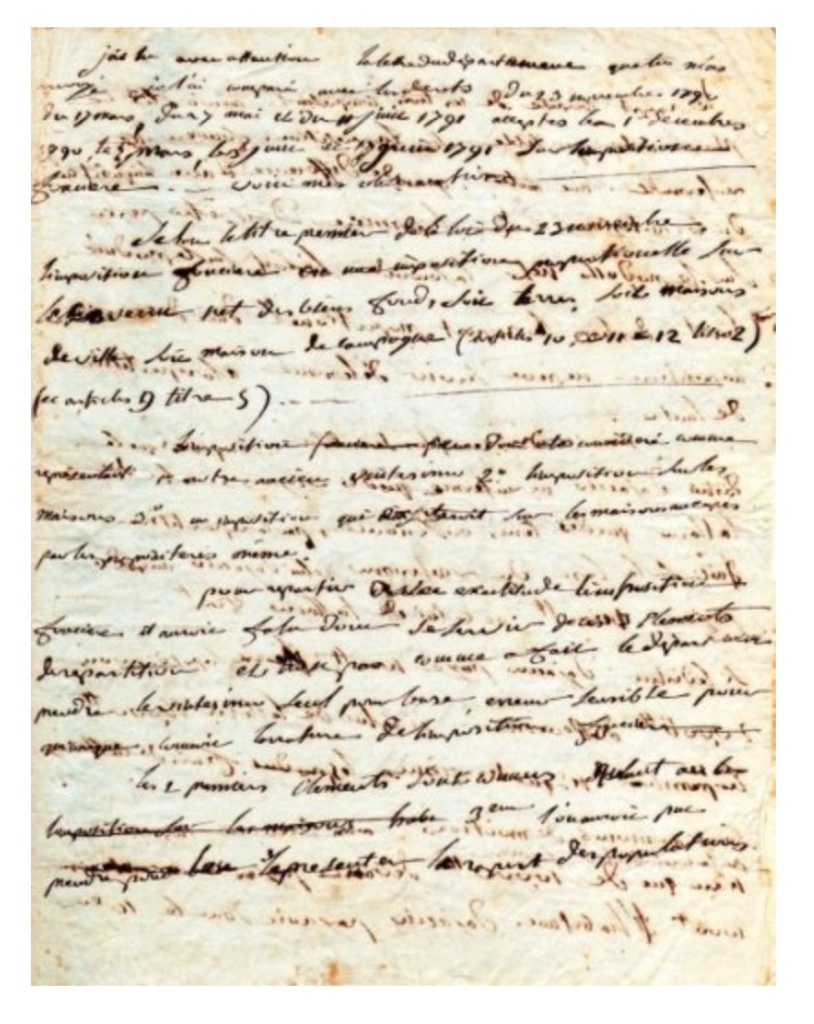
This last one was written by Josephine on May 14, 1809, to her son Eugène.
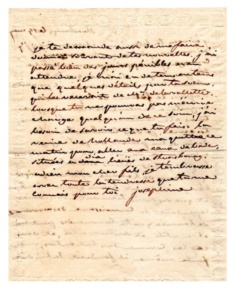
It simply thrills me to see her signature.
by Sandra Gulland | Aug 15, 2013 | Baroque Explorations |
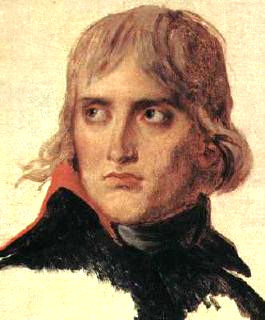
One of my closest friends—Jude Holland—and Napoleon Bonaparte share the same birthday: today, August 15. I’m not going to get all woo-woo about this, but the truth is that I am, in fact, surrounded by friends, family and historical obsessions of the lion persuasion. (I’m a Scorpio: I can handle it. ;-)
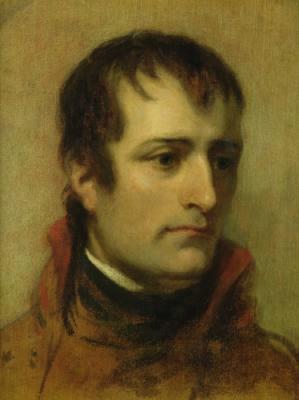
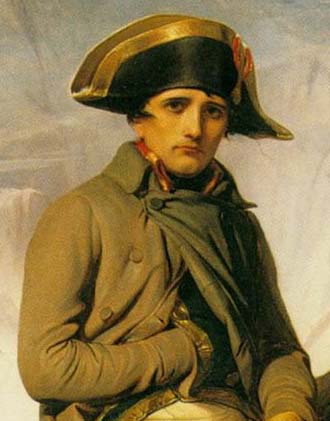

It’s curiously refreshing to have Napoleon back in my life. (I keep wanting to call him “Bonaparte,” as Josephine did.)
The Sun King and Napoleon — a study in opposites
Louis XIV, the Sun King, has been a sympathetic and admirable man to spend a decade with: he was an athlete, not mentally quick, but a hard-working man who strived to do the right thing. Born to rule, he was always careful, always on stage (and thus hard to read). His one obsession was sex (and perhaps that was because it was the only private realm of his existence where he could be free). Ah, and yes: he was also fairly attached to glory. He may not have been a literary man, but he was handsome, invariably polite, a fine dancer and horseman—and how romantic is that?
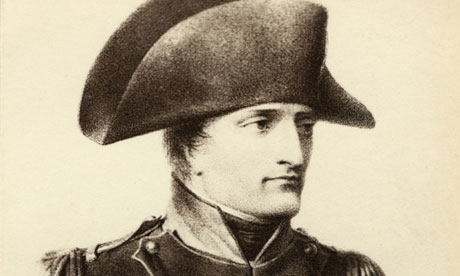
Now: Bonaparte. Not much of a looker, not a dancer (pas du tout!), and not much of a horseman (he went one speed—full gallop—and not infrequently fell off). He was blunt, socially rude—if not an embarrassment—and likely not much in the sack, either, given his general impatience with life. Like the Sun King, he was hard-working, a man who wanted to do the right thing, but as for self-control? Forget it. The world was his stage, and he was, who he was, who he was. And that was: volcanic.
What is Napoleon thinking?
You never really had to ask: what is Bonaparte thinking? His heart, as one says, was on his sleeve, as well as his mind, which was mercurial, lightening quick. He wasn’t literary, either, at least not in the classical sense, but he was moody and had a poetic imagination: ideas infused him.
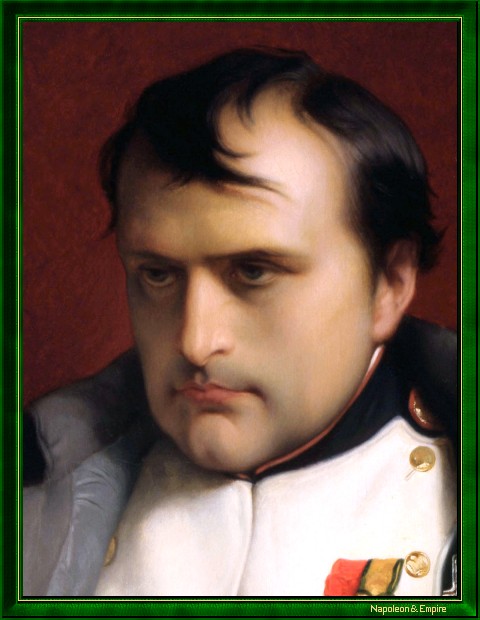
So: who would you prefer to spend a decade with?
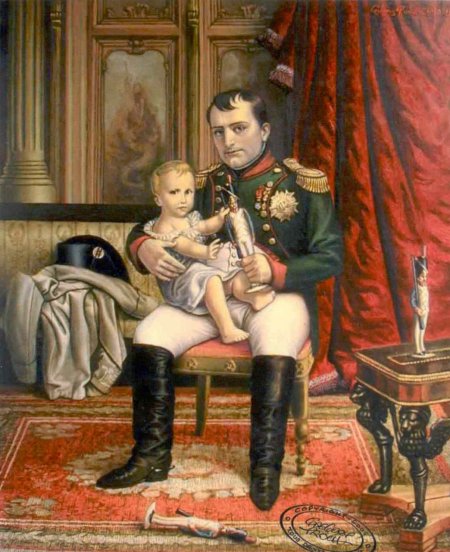
Here are some interesting articles I recently came upon:
A Napoleon theme-park to be built near Disneyland in France? (Is this a joke?)
On film historian Kevin Brownlow’s restoration of Abel Gance’s silent epic Napoleon. (The film versions of Napoleon is an interesting subject: another blog post perhaps.)
And a wonderful podcast series: Footnoting History, with a special series on Napoleon.
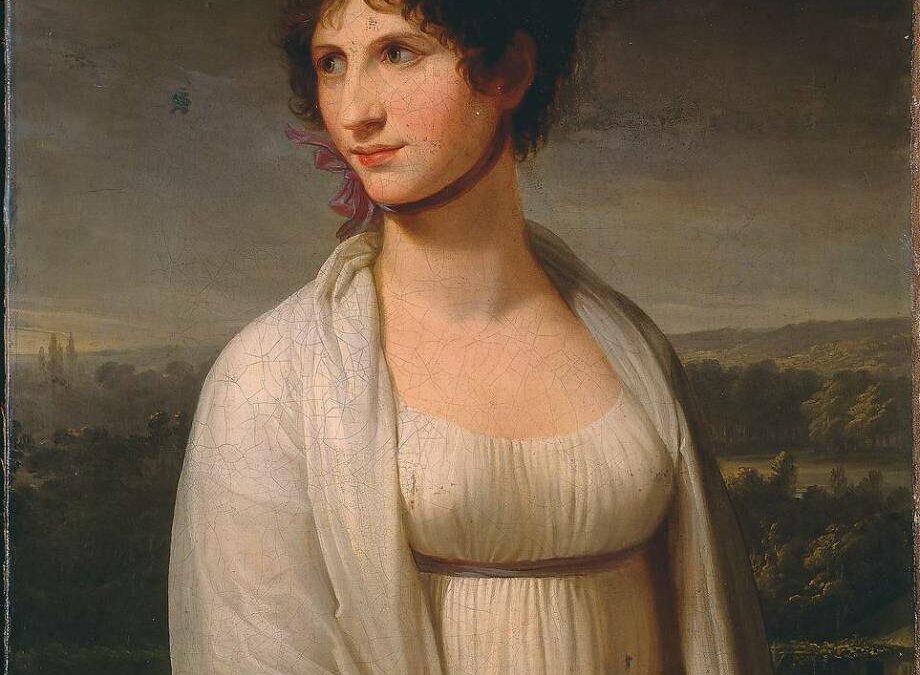
by Sandra Gulland | Oct 5, 2012 | Baroque Explorations, On Research, The Josephine B. Trilogy |
[From a portrait of Josephine, painted by Appiani during her first voyage to Italy.]
I’ve had very interesting comments on this blog from a reader in Russia, concerning Josephine. “La Reine Margot” raises a number of questions, which I’m going to attempt to answer here. (Please keep in mind that it has been over a decade since I was deep into research into Josephine’s world! There might well be new findings. Consider this an evolving discussion.)
Basically, La Reine Margot would like to know about the relationship between Josephine and Hypolite Charles. “I know that you have some doubts about a sexual relationship between Josephine and Charles.” She’d like to know why I have doubts.
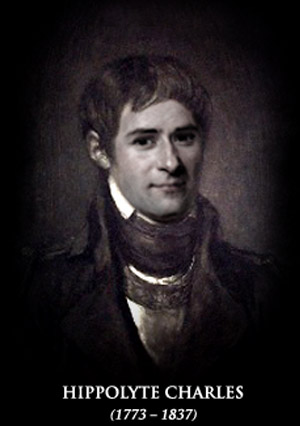
First of all: lack of real evidence. There is only gossip. La Reine notes the saying, “Where there is smoke there is fire.” True, but one learns when studying history that gossip is often used as a weapon, often intentionally. (As when the English planted the rumour that Josephine’s daughter Hortense was pregnant by her step-father Napoleon.) Smoke clouds are sent up, if you will, to make people suspect a fire. One learns, too, that the partners of powerful men are often maligned—something one sees often now, as well.
“Of course the Josephine’s letters to Charles are fakes … but what is the story of this fake? … What is the reason for this hoax?”
It’s impossible to know who created this hoax, but it’s easy enough to see who financially profited from it: the biographer/historian who first printed it.
And from what sources come this affirmation? If I remember correctly there are two main sources: the dutchess d’Abrantes memoirs and those of monsieur Hamelin. Laura [d’Abrantes] and her co-author Balzac of course retold gossips. But were these gossips unfounded?
In short: I think yes.
Abrantes was mean in her memoirs with respect to Josephine, but keep in mind that they were published after Napoleon had been exiled, when she had a lot to gain by this stance. (Correct me if I’m wrong.) It’s worthwhile noting that in Abrantes’ letters to friends written while Josephine was alive, she was nothing short of worshipful in her descriptions of the Empress—a strikingly different point-of-view from that stated in her memoirs.
As for Hamelin’s memoirs… If he lied, what was the reason? Perhaps he invented some details. but what was his purpose to lie about the very nature of the relationship of Josephine and Charles?
Why would Hamelin lie? He was a notorious lier, for one thing. (For another: when was his memoir published? I tried, without success, to find out—but that might provide a clue.)
All Hamelin said was that he saw Charles’s coat outside Josephine’s room—and from that one thing, all is conjectured. Even if true, I think Charles and Josephine might well have had reason to be behind closed doors: counting the profits from their illicit financial endeavours and plotting future investments most likely (IMO). Remember: this was an ill woman going through a violent and early menopause. It’s not impossible that she was having an affair with Charles, but it’s not impossible that she was not.
Are there any others sources? if I remember correctly Bourrienne described that it was Junot who finally told the truth to Napoleon. I never understand the reason for what he decided to do it but I can’t understand his reason to lie too. Louise Compoint of course had this reason. But he?
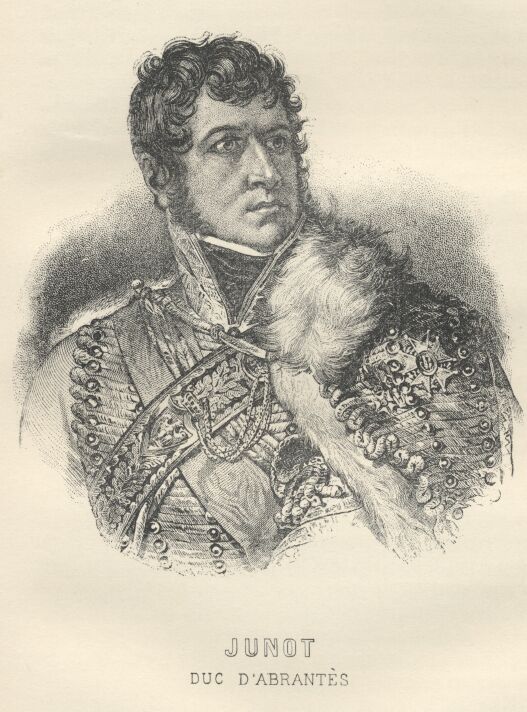
What did Junot have against Josephine? Josephine fired her femme de chambre Louise Compoint for sleeping with him, for one thing. Louise did her best to malign Josephine after, and I wouldn’t be surprised that she recruited her lover into this effort. (Ironically, Louise, later in need of money, came to the then Empress Josephine, who, never one to hold a grudge, gave it to her.)
Josephine had a number of male friends, but most notably Barras and Charles. She was a modern woman in this respect: comfortable in the world of men. Someone once said to me a long, long time ago: “She enjoyed the company of homosexuals.” All this is conjecture, but I sense this might have been true. Before she became Empress, Josephine was a bohemian woman with artistic tastes.
And the nature of the relationship Josephine and Barras? They certainly were friends and partners. But were they lovers? As for me, I think that they were. I suppose that this man was bisexual, but not gay. If he was gay, who was the father of one of the children of Therese Tallien?
Therese only had one child—a daughter, Thermidor—and Tallien was the father. I don’t believe I’ve ever read that she had a child by Barras. (Again, let me know if I’m mistaken.) To my knowledge, Barras did not have any children.
This child if I remember correctly was born in the chateau Grosbois and it was common knowelege that it was his child. And personally I can’t believe that this canny and licentious man could help Rose without demanding sexual toll in return.
I’d be interested to know your source!
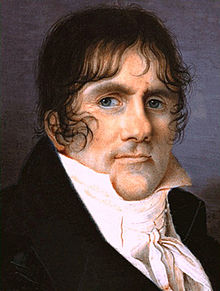
Barras was “repaid” for his help to Josephine many times over by the powerful financial contacts Josephine was able to provide to wealthy Island bankers she’d come to know as a Freemason. Dr Catinat told me that in the exchange of goods and favours between Josephine and Barras, Barras was very much the winner. There was no call for a “sexual toll” in return. The claim that Barras must have been enjoying Josephine’s sexual favours is based on the assumption, in part, that that is all a woman has to offer.
When did Josephine’s [menstrual cycle] stop? What was her age?
You can understand that this type of information is not revealed! We can only guess. What we do know is that Josephine said she was pregnant by Napoleon while he was in Italy. It’s later conjectured that she was lying in order not to have to join Napoleon in Italy. And then, again, it’s conjectured that she was lying when she wrote to Napoleon to say she was very sick.
But imagine that she was not lying: what if her menstrual cycle had stopped and she assumed it was because she was pregnant? If you look at the evidence—various letters, etc.—it’s clear that she really was quite sick during this period of time. Dr Catinat, who is a medical doctor (as well as a foremost expert on her life), suspects that she’d gone into early menopause at the age of only 32. Frankly: this fits. It would explain why she thought she was pregnant (missed period), and why she was so prone to tears at this time.
On top of that, clearly she had something amiss, for she suffered fevers. Quite possibly she had some sort of infection. All this is during that famous trip to Italy with Charles and Junot and Hamelin. I find it hard to imagine a torrid love-affair with Charles while in such a state, and in such company.
As for Charles: he married quite late and never, to my knowledge, had children. No doubt he and Josephine were close … and no doubt they were in secretly involved financially. It’s possible that there was a sexual relationship … but it’s also possible that there wasn’t.
When I was in Paris last summer for the filming of the documentary about Josephine, I chatted at length with Bernard Chevalier, former curator of Malmaison and co-author of a biography about Josephine. I asked him: “If you could ask Josephine one question, what would it be?”
He said, “I would ask her about Captain Charles.”
And I said, “Me, too.”
Because, frankly, we really don’t know.
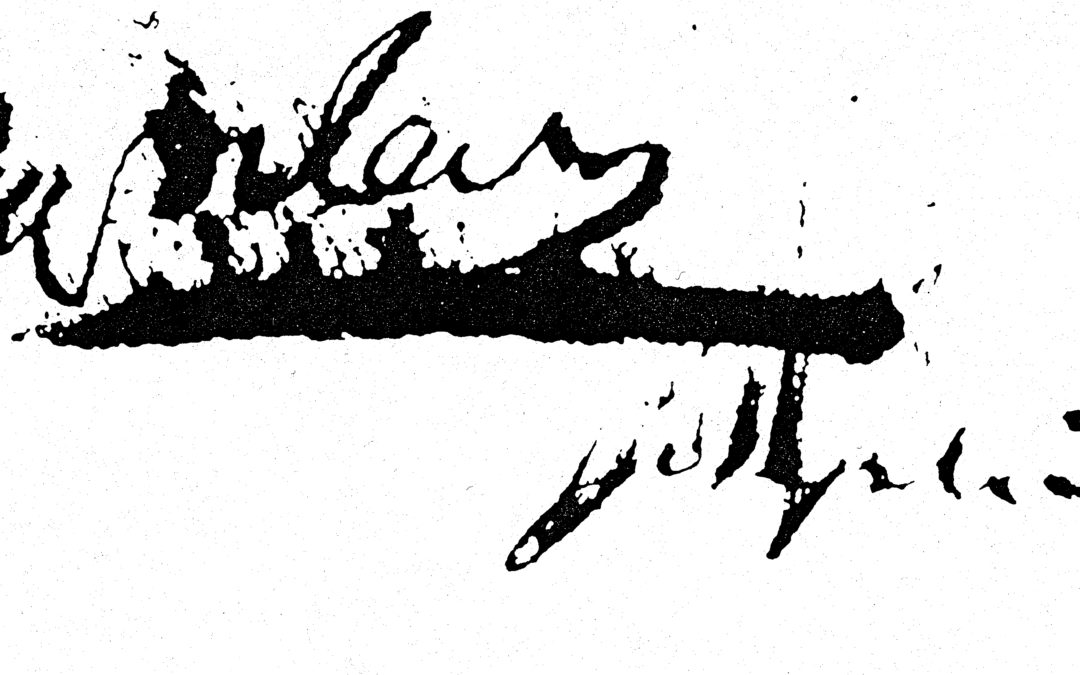
by Sandra Gulland | Apr 14, 2011 | Baroque Explorations |
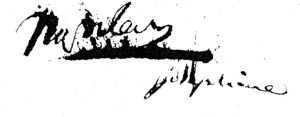
“Digging in at the Archive” is a wonderful Grub Street blog post by Boston writer Cam Terwilliger. On finding in archives writing by the character he’d been researching and writing about:
“Instantly, the period I’d struggled to understand became so much more immediate. The people I was writing about no longer seemed like figments of my imagination. They felt real.”
Scroll down the blog for Terwilliger’s research tips, which I found excellent. In a nutshell:
1) When you begin your research, be open.
2) When you begin to write, be selective: that is, don’t include everything.
Terwilliger ends his post with a worthy quote from the ever-quotable Hemingway:
“If a writer of prose knows enough about what he is writing about, he may omit things that he knows. And the reader, if the writer is writing truly enough, will have a feeling of those things as strongly as though the writer had stated them.”
Some quote the passage above with the line: “The dignity of movement of an iceberg is due to only one ninth of it being above water.”
{On the image above: I felt that same thrill of “actuality” when I happened upon these Josephine and Napoleon signatures on a wedding contract in a library in Berkeley, California. Not only was it concrete evidence of their existence, but it told me so much about them: the energy and impatience of Napoleon, Josephine’s graceful acceptance.}


















